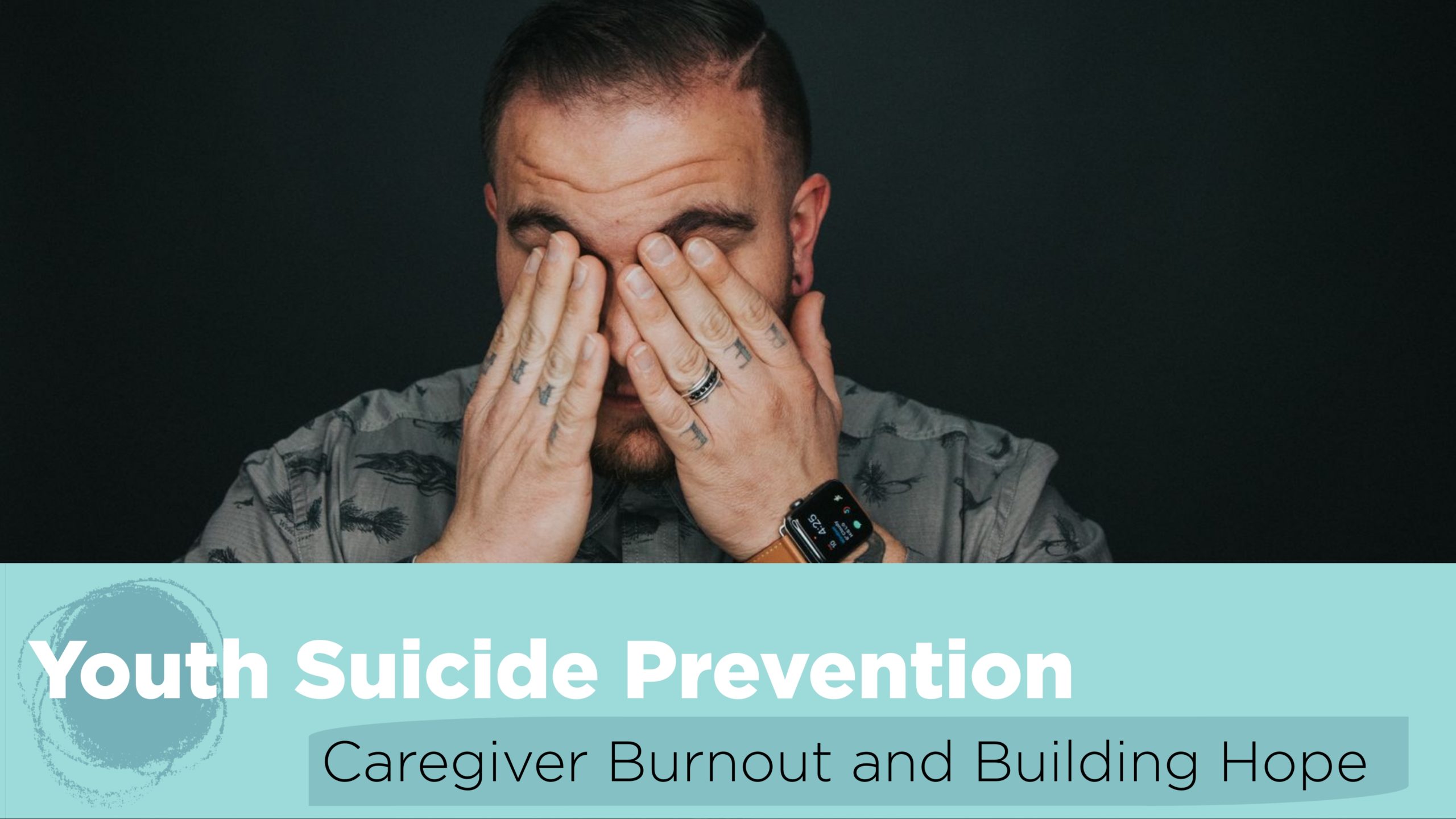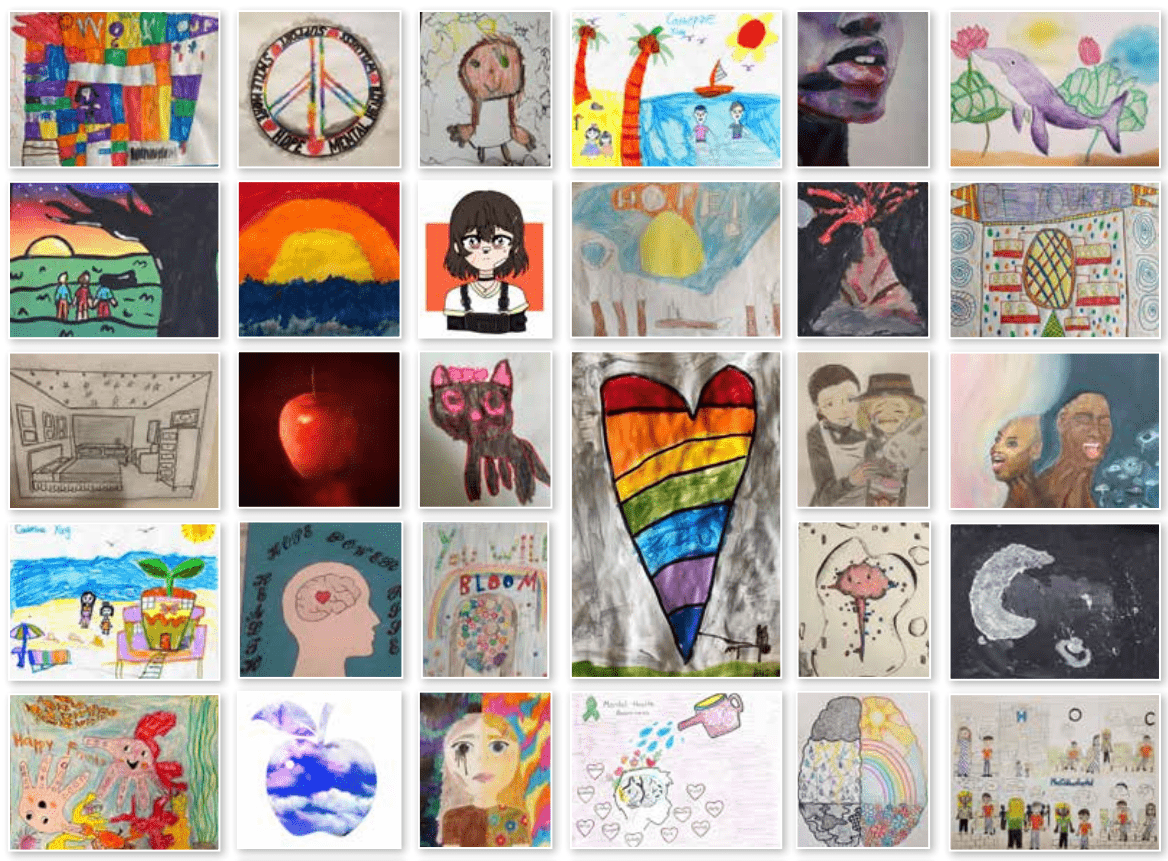
Stepping into their children’s shoes through unique mental health workshop
“I feel hopeless… I want to die.”
Imagine hearing those words from your child.
“I remember feeling so lost,” says Ann, whose teenager was treated at HHS McMaster Children’s Hospital (MCH) after a suicide attempt. As part of the family’s care plan, a hospital social worker invited Ann to join an Emotion Focused Family Therapy (EFFT) workshop for parents and caregivers.
“Workshops are designed to empower parents and caregivers…” — Dr. Uppal Dhariwal
The workshop, offered through MCH’s Child and Youth Mental Health Program, provides group training to parents and caregivers so they can process their own emotions about their child’s illness, and learn skills to help their child cope.

Dr. Tajinder Uppal Dhariwal
“As well as providing support for children and youth in crisis, it’s important to give their parents and caregivers the tools they need to help their child,” says Dr. Tajinder Uppal Dhariwal, an HHS clinical psychologist with the Child and Youth Mental Health Program.
Parent and caregiver workshop
Called the EFFT-based advanced caregiving skills workshop, it was first offered at HHS about six years ago. This workshop is for caregivers with children and youth going through a range of mental health difficulties including anxiety, depression, social difficulties, anger and behavioural challenges.
It’s also helpful for issues including family conflict, communication difficulties, OCD and substance use. Participants typically have children ranging in age from four to 18, who are MCH patients.
Suicide attempts are among the frightening reality some parents and caregivers face, and the situation has only grown worse during the pandemic with hospitals seeing a steady increase of youth in crisis.
“We shared tears. We shared experiences.” — Ann, a parent
Workshops take place in a group format and a referral is needed from the child’s health-care provider at MCH. It’s for parents and caregivers only. Children don’t participate.
“We shared tears. We shared experiences. It was affirming to know that I wasn’t alone,” says Ann.
Emotion Focused Family Therapy (EFFT)
Research shows that when families are involved, young people with mental health issues do better. This therapy teaches advanced skills to help parents and caregivers understand their child’s emotions, better support their child, strengthen their bond and heal past hurts.
Parents and caregivers learn how to process their own emotions about their child’s illness, and skills to help their child cope.
By learning emotion and behavior coaching, parents and caregivers discover how to recognize symptoms like anxiety and depression, and support their children in processing these feelings.
“Emotion Focused Family Therapy is based on attachment. It’s based on emotion and it’s based on neuroscience,” says Dr. Uppal Dhariwal.
“Workshops are designed to empower parents and caregivers to take a more active role in their child’s mental health and wellness by learning advanced caregiving skills. Through research, we know that these skills can be helpful to children and youth struggling with a mental health challenge.”
Switch to virtual
Before the pandemic, workshops were offered in person at the HHS Ron Joyce Children’s Health Centre. Workshops were planned at least one year in advance because the conference room was in such high demand. There were also capacity issues, since the room couldn’t hold more than 22 people.
“Due to COVID we changed to a virtual format,” says Dr. Uppal Dhariwal. “With virtual workshops, there are no capacity issues and workshops can be offered more often, which has helped reduce waiting lists. These parents and caregivers are in crisis, so it’s extremely helpful that we can accommodate them as quickly as possible.”
For more information on EFFT, please visit mentalhealthfoundations.ca. Anyone interested in workshops should speak to their child’s health care provider.


